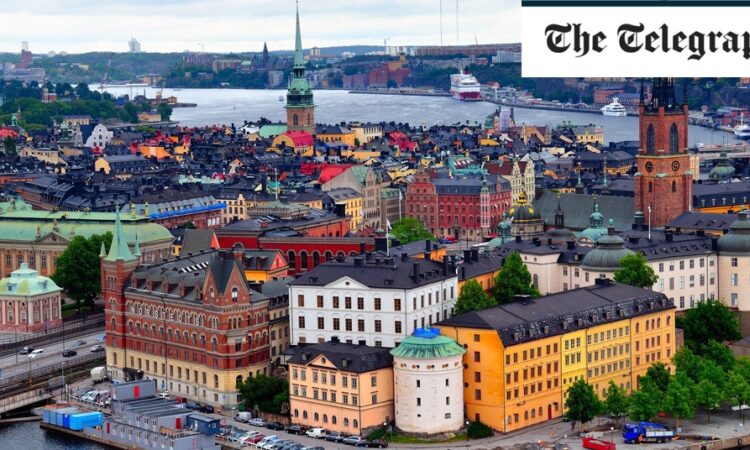
In 1971, Roland Huntford, the Stockholm correspondent of The Observer, published a scathing critique of the “soft totalitarianism” exhibited by the Social Democratic government in his book The New Totalitarians. Individual freedom was substituted by social security and the government was said to have orchestrated a cultural shift reminiscent of Huxley’s Brave New World. Today, more favourable interpreters hail Sweden as a socialist utopia. But this view is increasingly outdated.
The more liberal aspects of the Swedish economy remain unknown to outsiders. One such aspect is the abolition of the gift and inheritance tax by the Social Democratic Government, effective from December 2004. Yet the Swedish example may provide the British Chancellor a salutary precedent amid speculation that he may abolish inheritance tax altogether or, at least, significantly raise the threshold.
Both critics and champions of Scandinavian socialism may be surprised to learn that the Swedish Parliament was unanimous in calling for the end of the tax, but there were good reasons for the consensus. Firstly, the tax was bringing in less than 0.2 per cent of all tax revenue. It’s a similarly low share in the UK, at 0.7 per cent of all tax receipts. This money was raised at a cost; people were forced to spend time working out their tax bills instead of actually running their companies. This led to an exodus of Swedish enterprises and a loss of jobs. Since the abolition, entrepreneurs have returned. We have a well-oiled venture capital market, and only Silicon Valley beats Stockholm in its number of unicorns per capita.
Secondly, many deemed it an unfair and unwieldy levy on capital that had already been taxed. An effective triple taxation on money from income, savings, and, finally, inheritance, it ensnared both businesses and government in unnecessary red tape. And if the wealthy were the intended target, the effects too often fell elsewhere. A wealthy Swede could afford to avoid the tax legally through tax planning, while grieving low and middle income families were saddled with yet another bill.
Even the wealthy felt its punitive effects. Sally Kistner, widow to the founder of the pharmaceutical company Astra (now AstraZeneca), inherited wealth largely tied up in shares. Coupled with additional capital gains tax, and an unfortunate stock market crash, the inheritance tax exceeded the value of the estate, forcing it to file for bankruptcy.
This case and others are well documented in Anders Ydstedt and Amanda Wollstad’s 2015 paper on Swedish inheritance tax, subtitled Mourned by no one, Missed by few. The current mood in the UK suggests that a similarly titled paper may one day be published here.
Of course, there are differences between the two countries. More Swedes than Brits own their property. Around the time of the abolition 90% of Swedish companies were owner-led or family owned, including giants such as H&M and IKEA. In the UK, companies are more typically owned by “professional” management with different approaches to capital and inheritance. Yet the injustice, inefficiency, and harm to employment seen in Sweden abound here in the UK. With the escalation of property values over the last generations, the thresholds no longer always shield the poor. Meanwhile complex legislation means that relief is found by those who can pay for advice.
Sweden is far from a “Brave New World”, neither that of Huxley nor the socialists. Nor is it the “tax paradise” described by a domestic left longing for the reintroduction of inheritance tax; it still has the 8th highest tax burden amongst OECD countries. Yet the abolition of inheritance tax in such a climate proves that where there’s a will, there’s a way. In the UK, the will to abolish the tax is mounting amid arguments familiar to the Swedes. The way remains in the hands of the British Chancellor.






